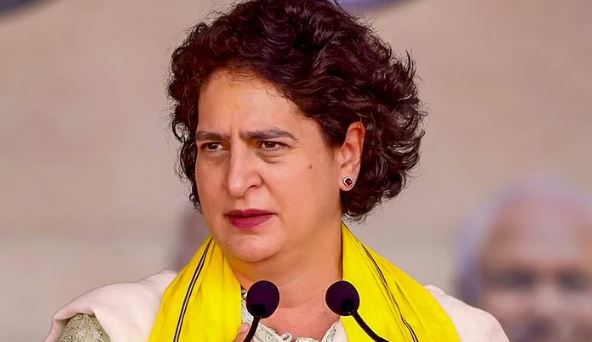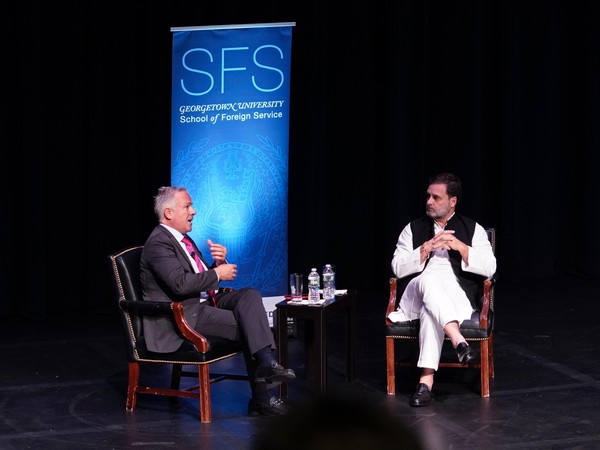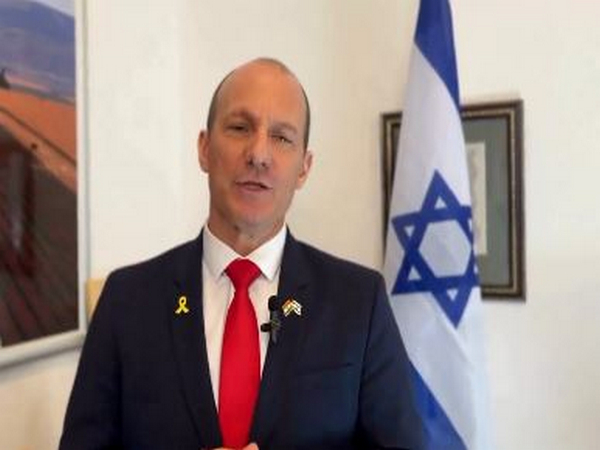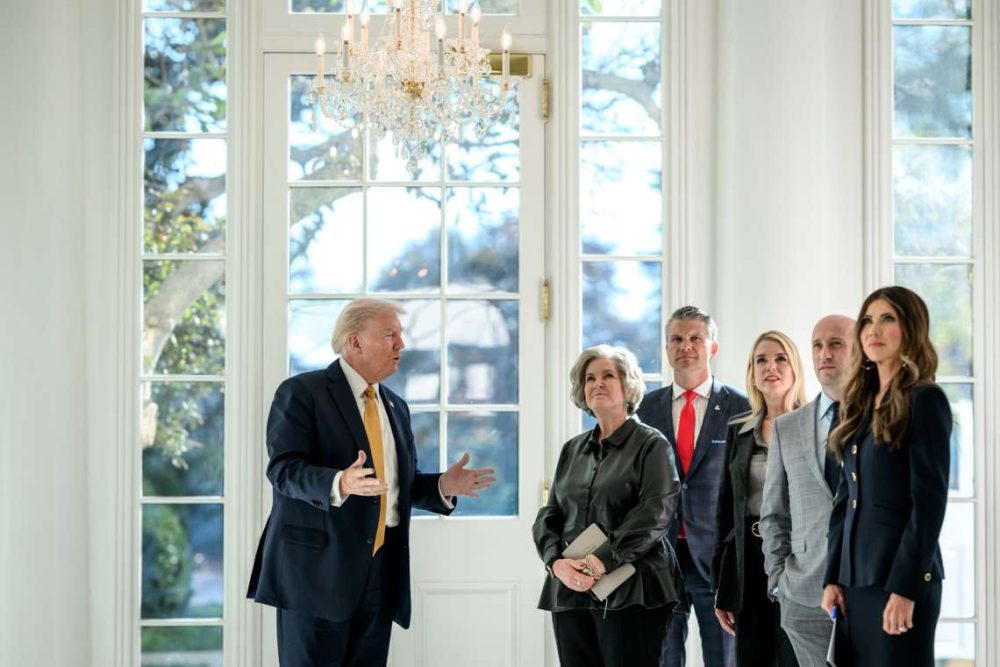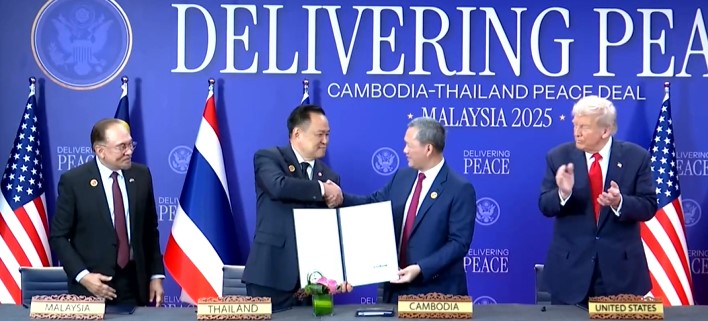Priyanka’s remark comes on the back of the Supreme Court taking cognisance of the matter pertaining to 69,000 teachers in the state….reports Asian Lite News
Congress General Secretary Priyanka Gandhi on Tuesday trained guns at the Bharatiya Janata Party (BJP) over Teachers recruitment case in Uttar Pradesh and alleged that its ‘double game’ was hurting the youth from both reserved and unreserved categories socially, economically and mentally.
Priyanka took to her X handle and wrote, “The anti-youth and anti-social justice attitude adopted by the BJP in the matter of recruitment of 69,000 teachers in UP is shocking. By playing a double game, youth from both reserved and unreserved categories are being harmed socially, economically and mentally.”
Her remark comes on the back of the Supreme Court taking cognisance of the matter pertaining to 69,000 teachers in the state. The Apex stayed the Allahabad High Court order asking the Uttar Pradesh government to prepare a fresh selection list for the appointment of 69,000 assistant teachers in the state.
“First, the reservation scam in the recruitment process took away the rights of hundreds of Dalit and backward candidates. And even now the BJP’s intention is to delay and misdirect social justice,” Priyanka said further while demanding that “the injustice must stop”.
While putting a stay on the Allahabad High Court order, the SC bench comprising Chief Justice DY Chandrachud and Justices JB Pardiwala and Manoj Misra also served notices to Uttar Pradesh government as well as to Secretary of the UP Basic Education Board. The bench has posted the matter for the next hearing in the week commencing 23 September.
The controversy over recruitment of 69,000 Assistant teachers hails its origin from UP government’s 2018 advertisement, through which it sought to hire tutors in the state’s Basic Education Department.
The ATRE was held in January 2019. More than 4 lakh candidates appeared for examinations, the results of which were declared in two sets. The cut-off was fixed differently, 67.11 per cent for general category candidates, 66.73 per cent for Other Backward Classes (OBC) candidates and 61.01 per cent for Scheduled Caste (SC) candidates.
Two lists of selected candidates were declared. A total of 31,277 candidates and 36,590 candidates were declared, totalling 67,867 of the 69,000 posts. The rest 1,133 posts for Scheduled Tribe (ST) candidates remained unfilled due to the non-availability of candidates from the category.
The selection process got embroiled in controversy after questions over raised over its ‘biased and partisan’ approach. It was alleged that the General category candidates got representation, more than their due, thereby eating into reservations of OBCs and SC/STs.
ALSO READ: Rahul hails SC’s observations, slams BJP’s ‘bulldozer policy’


